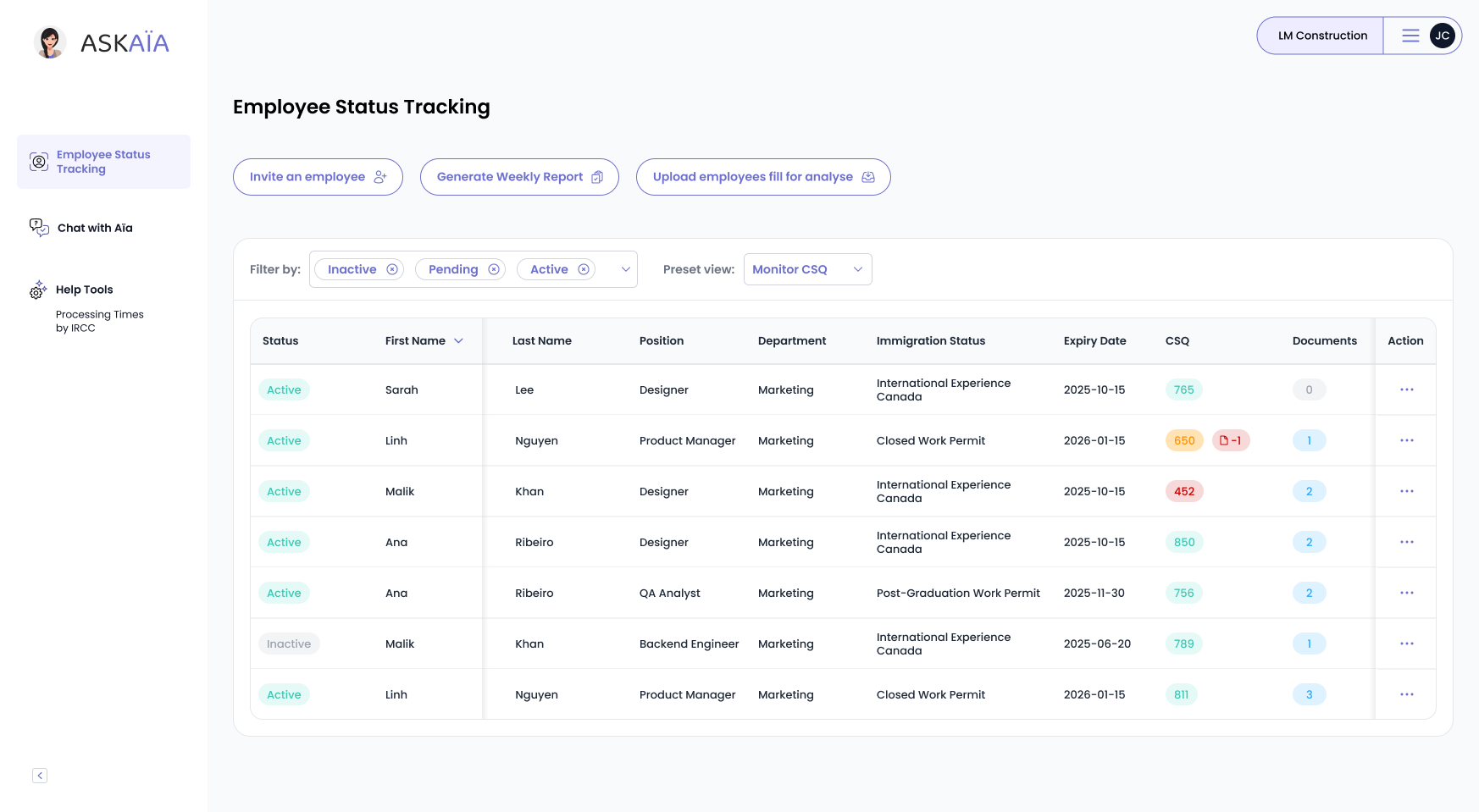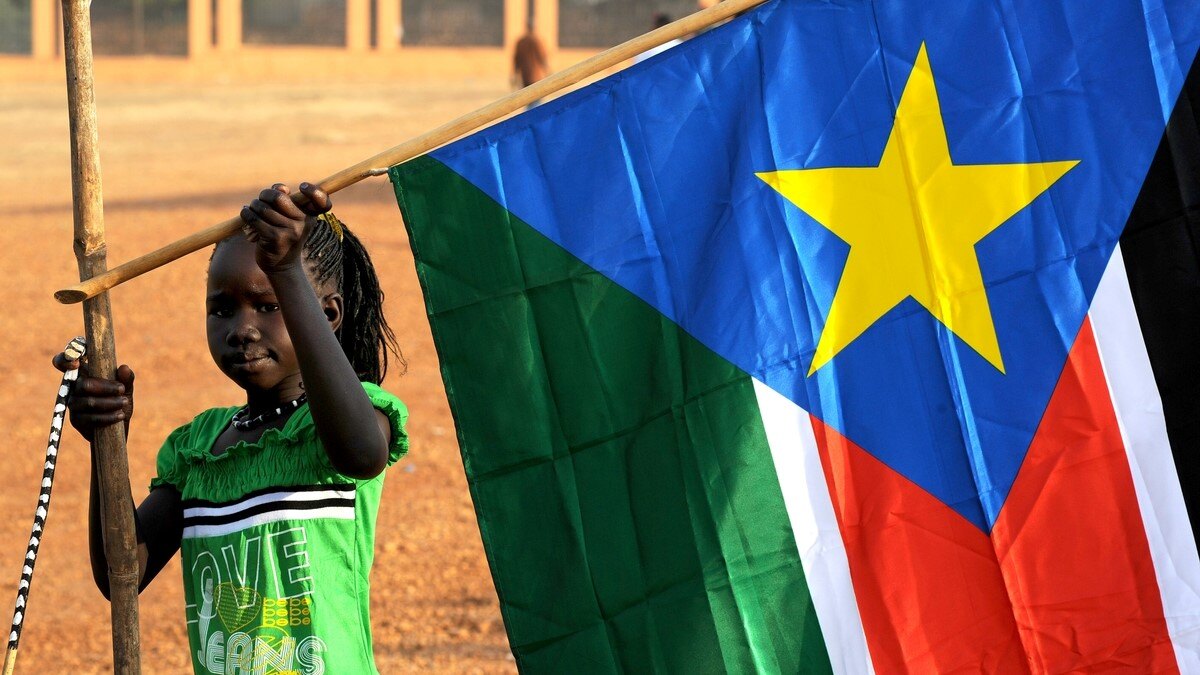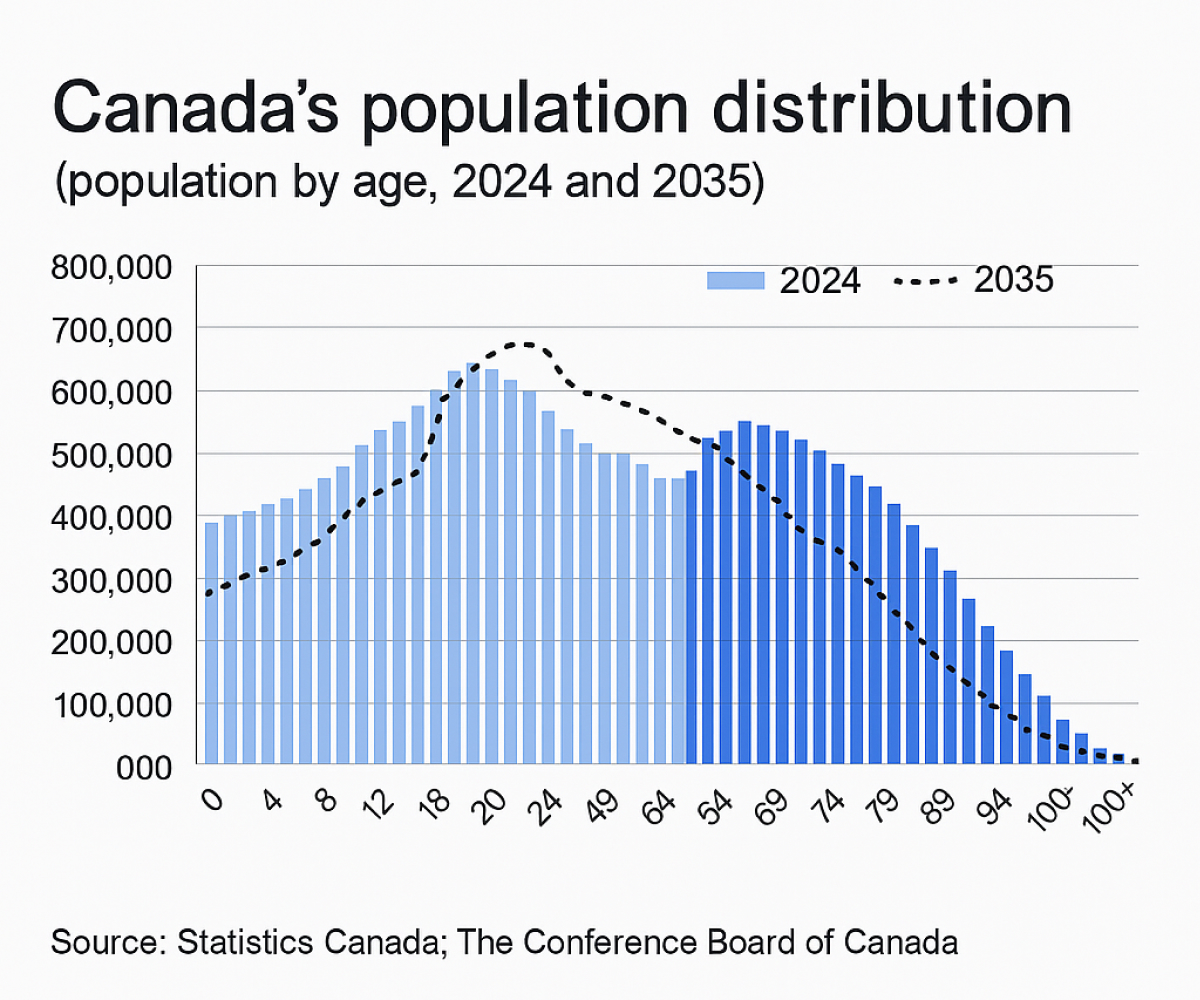Long processing times have long frustrated immigrants in Canada. A little-known policy now offers partial refunds when IRCC exceeds its own service standards.
Surprisingly, many eligible applicants remain unaware of this refund option, as few public communications have been made by IRCC since the policy’s introduction.
In this article, discover who qualifies for these refunds, how much you can expect, and what it means for your immigration file in 2025.
Context: Why Is IRCC Refunding Some Immigration Fees?
Since 2021, Canada’s immigration department (IRCC) has been applying a provision of the Service Fees Act, which allows applicants to recover part of their processing fees when IRCC exceeds its posted service standards. In 2023, these refunds reached $1.68 million, a major increase from just $72,000 the year before.
These service standards are determined internally by IRCC and vary across different application categories. This reflects growing delays in immigration processing and increasing public attention to backlogs and administrative bottlenecks.
Eligibility: Who Can Receive a Refund?
The refund program applies automatically to certain services if IRCC misses its processing benchmarks. Eligible services include:
- Passport applications
- Citizenship applications
- International Experience Canada (Working Holiday, Young Professionals)
- Temporary Resident Permits
- Criminal rehabilitation
- Restoration of temporary resident status
- Authorization to return to Canada
Refunds are automatically processed, no request is needed. However, disbursement may take 2 to 8 weeks. The refund amount is partial: applicants typically receive either 25% or 50% of the original fee, depending on how many days the processing exceeded IRCC's standard.
Refunds are calculated based on how long the delay exceeded the standard. A delay of 15% to 25% of the posted processing time triggers a 25% refund; longer delays may trigger a 50% refund.
Importantly, not all stages of an application are covered. For example, for temporary resident permits, the standard may apply only to issuing an acknowledgment of receipt, not to the full permit processing.
Example: A temporary worker applying to restore their resident status who waited 90 days beyond the posted timeline may receive 50% of their processing fee back, approximately $75 depending on the permit type.
Recent Processing Times: How Long Are Applicants Waiting?
Processing delays remain significant in 2025. Recent data show:
- 234 days on average to extend work or study permits.
- 177 days on average to extend visitor visas.
These long wait times stem not only from administrative delays but also from deliberate policy decisions. The federal government has introduced immigration caps, reducing permanent resident admissions through 2027. Quebec has also imposed additional limits on several immigration categories.
Limits and Exceptions: Not All Delays Qualify
While many are eligible, certain situations are excluded. For example, backlogs caused by exceptional events, such as the passport processing crisis after the COVID-19 pandemic, may not trigger refunds. IRCC applies exceptions for "unusual or exceptional circumstances" leading to an unexpected surge in applications.
Additionally, many immigrants and even advocacy organizations remain unaware of this refund option, highlighting the policy’s limited public visibility.
What This Means for Immigrants in Canada
For most applicants, refunds amount to a few dozen or a few hundred dollars, a modest relief compared to the uncertainty and frustration of waiting. However, knowing your eligibility empowers you to track your case and ensure IRCC follows its own service standards.
The refund policy offers partial compensation but does not address the deeper challenges many immigrants face, including unpredictable processing times, limited access to agents, and shifting policy targets.
Practical Recommendations
- Review IRCC’s official service standards for your specific application type.
- Track the actual processing time for your file.
- Consult with immigration professionals to verify eligibility if your case exceeds posted standards.
- Stay informed about ongoing policy changes that may affect processing times and quotas.
Not sure if you're eligible for a refund or how these processing delays affect your application? Take AskAïa’s free assessment to receive personalized immigration guidance today.

Let’s get your demo started
Book a demo
You May Also Like
These Related Stories

Canada Expands Sudanese Refugee Program Amid Quebec Restrictions
In response to Sudan’s humanitarian crisis, Canada is increasing its refugee intake, aiming to resettle 10,000 Sudanese refugees, including 4,000 gove …

Canada Counts on Newcomers: 2025 Economic Outlook Fully Unveiled
Is immigration helping or hurting Canada’s economy? At the 2025 Economic Outlook event hosted by Wilfrid Laurier University, experts offered clear ans …

Access Granted: IRCC Now Shares Decision Notes with Refused Applicants
At a Glance " \n What’s New: As of July 2025, IRCC is phasing in the release of officer decision notes with refusal letters—no ATIP request needed. \n …
